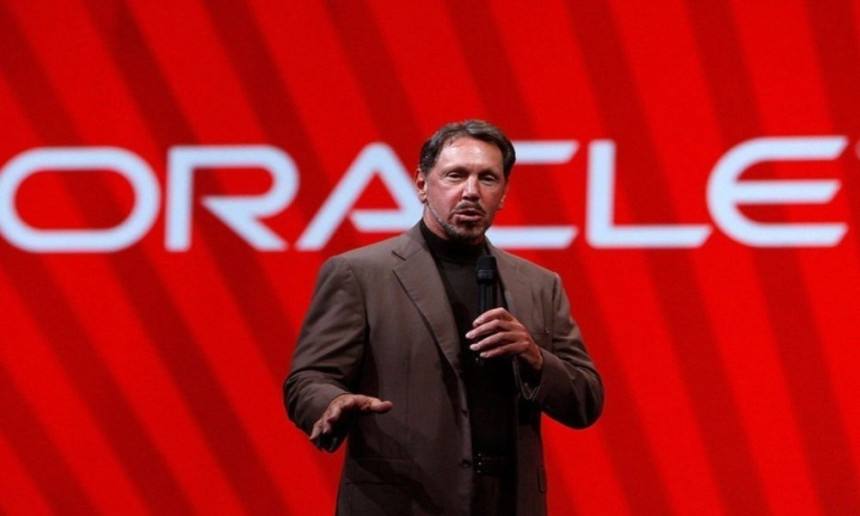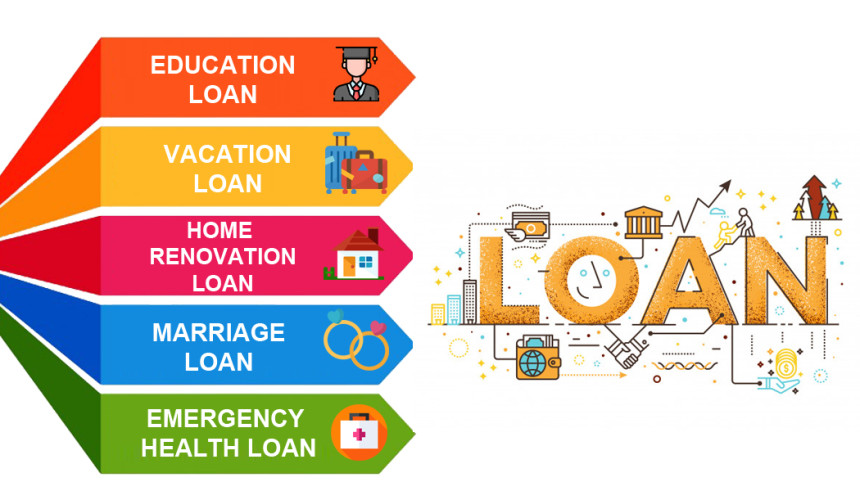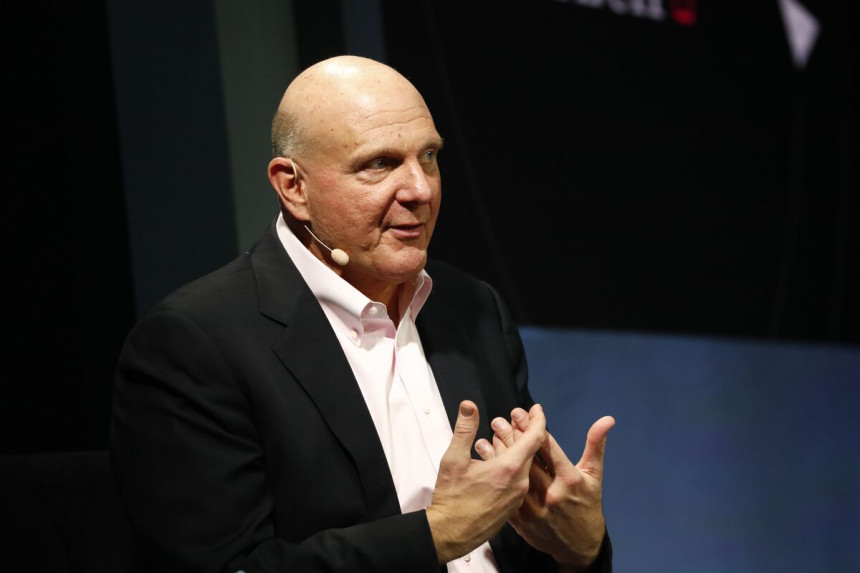
Larry Ellison Net Worth and Success Story
Lawrence Joseph Ellison was born on August 17, 1944, in New York City. His mother, Florence Spellman, was an unwed 19-year-old who gave him up for adoption. Larry was raised by his great-aunt and uncle, Lillian and Louis Ellison, in Chicago's South Shore neighborhood. His adoptive father was a government employee who had lost his fortune in the Great Depression, while his adoptive mother was a supportive and loving figure in his life. Ellison's childhood was marked by his rebellious nature and a keen interest in science and mathematics. He attended the University of Illinois at Urbana-Champaign but left after his second year following his adoptive mother's death. He briefly attended the University of Chicago but dropped out after one semester. In 1966, at the age of 22, Ellison moved to Berkeley, California, where he worked various odd jobs, including as a programmer for companies such as Wells Fargo and Amdahl Corporation.
Founding Oracle
Ellison's big break came in 1977 when he and two colleagues, Robert Miner and Ed Oates, founded Software Development Laboratories (SDL) with an initial investment of $2,000. Inspired by a paper on relational database management systems (RDBMS) written by Edgar F. Codd, Ellison envisioned a revolutionary software that could store and retrieve large amounts of data efficiently.
In 1979, the company was renamed Relational Software Inc. and released Oracle Version 2, the first commercially available RDBMS. The software was named after a classified project Ellison had worked on at the CIA. The product's success was immediate, attracting major clients such as the U.S. Air Force, which helped establish Oracle's reputation as a reliable and powerful database solution.
Growth and Expansion
Throughout the 1980s, Oracle experienced rapid growth. The company went public in 1986, raising $31.5 million in its initial public offering (IPO). Oracle continued to innovate and expand its product line, introducing new versions of its RDBMS with advanced features and improved performance.
However, Oracle's aggressive sales tactics and rapid expansion led to financial troubles. In 1990, the company faced a major crisis when it reported its first-ever quarterly loss. This period, known as "Red October," saw Oracle's stock price plummet and resulted in a significant restructuring of the company. Ellison learned valuable lessons from this crisis, emphasizing the importance of fiscal discipline and operational efficiency.
Technological Innovations
Ellison's vision and leadership were pivotal in Oracle's technological advancements. The company introduced several groundbreaking innovations, including:
Oracle Database: Over the years, Oracle's RDBMS evolved into one of the most robust and scalable database systems in the industry. The company introduced features such as data replication, clustering, and support for various data types, making it a preferred choice for enterprises worldwide.
Oracle Applications: In the late 1980s, Oracle expanded into enterprise applications, developing software for enterprise resource planning (ERP), customer relationship management (CRM), and supply chain management (SCM). These applications helped businesses streamline their operations and improve efficiency.
Cloud Computing: In the early 2000s, Ellison recognized the potential of cloud computing and began transitioning Oracle's products to the cloud. The company launched Oracle Cloud, offering a suite of cloud-based applications, infrastructure services, and platform services. This strategic move positioned Oracle as a key player in the emerging cloud computing market.
Competitive Spirit and Rivalries
Ellison's competitive nature and bold personality often led to high-profile rivalries within the tech industry. One of his most notable adversaries was Bill Gates, co-founder of Microsoft. The competition between Oracle and Microsoft was fierce, with both companies vying for dominance in the enterprise software market.
Ellison also had a contentious relationship with Salesforce's CEO, Marc Benioff, a former Oracle executive. The rivalry between Oracle and Salesforce in the CRM market was marked by public feuds and aggressive business tactics.
Acquisitions and Diversification
Under Ellison's leadership, Oracle pursued an aggressive acquisition strategy to expand its product portfolio and enter new markets. Some of the most significant acquisitions include:
PeopleSoft (2005): Oracle acquired PeopleSoft, a leading provider of human resources and financial management software, for $10.3 billion. This acquisition helped Oracle strengthen its position in the ERP market.
Siebel Systems (2006): Oracle acquired Siebel Systems, a major CRM software company, for $5.85 billion. This acquisition enhanced Oracle's CRM offerings and increased its market share.
Sun Microsystems (2010): Oracle acquired Sun Microsystems, a hardware and software company, for $7.4 billion. This acquisition brought Oracle the Java programming language and the Solaris operating system, expanding its reach into the hardware and middleware markets.
NetSuite (2016): Oracle acquired NetSuite, a pioneer in cloud-based ERP software, for $9.3 billion. This acquisition bolstered Oracle's cloud offerings and provided a robust platform for small and medium-sized businesses.
Personal Ventures and Interests
Beyond his role at Oracle, Ellison has pursued various personal interests and ventures. He is an avid yachtsman and has invested heavily in competitive sailing. In 2010, his team, Oracle Team USA, won the prestigious America's Cup, bringing the trophy back to the United States for the first time in 15 years.
Ellison is also a notable real estate investor, owning properties in Malibu, California, and the Hawaiian island of Lanai, which he purchased in 2012 for an estimated $300 million. He has invested in various luxury properties and resorts, further diversifying his portfolio.
Philanthropy
Ellison has committed to giving away a significant portion of his wealth to philanthropic causes. In 2010, he signed the Giving Pledge, a commitment by some of the world's wealthiest individuals to donate the majority of their fortunes to charitable causes. His philanthropic efforts have focused on education, medical research, and environmental conservation.
Ellison Medical Foundation: Established in 1997, the Ellison Medical Foundation supports biomedical research on aging and age-related diseases. The foundation has funded numerous research projects aimed at understanding the molecular mechanisms of aging and developing treatments for age-related conditions.
Education Initiatives: Ellison has made substantial donations to educational institutions, including the University of Southern California (USC), where he funded the Lawrence J. Ellison Institute for Transformative Medicine. The institute focuses on innovative approaches to cancer treatment and research.

Net Worth and Wealth Management
As of 2024, Larry Ellison's net worth is estimated to be around $150 billion, making him one of the richest individuals in the world. His wealth is primarily derived from his substantial holdings in Oracle, where he continues to serve as chairman and chief technology officer (CTO).
Ellison manages his wealth through a combination of investments in real estate, technology, and luxury assets. His ownership of the island of Lanai includes investments in sustainable agriculture, renewable energy, and luxury tourism, reflecting his commitment to environmental sustainability and innovation.
Leadership Style and Legacy
Ellison is known for his charismatic and often combative leadership style. He has a reputation for being a demanding and visionary leader, pushing his team to achieve ambitious goals and maintain Oracle's competitive edge. His leadership principles emphasize innovation, customer focus, and a relentless pursuit of excellence.
Ellison's legacy extends beyond his achievements at Oracle. He is regarded as a pioneer in the software industry, having played a crucial role in the development of relational databases and enterprise software. His contributions to technology have transformed the way businesses operate and manage data, setting new standards for the industry.
Future Vision and Initiatives
Ellison's vision for the future of Oracle includes continued innovation in cloud computing, artificial intelligence, and data security. He remains committed to expanding Oracle's cloud offerings and maintaining its leadership position in the enterprise software market.
Ellison's investments in emerging technologies, such as quantum computing and blockchain, reflect his forward-thinking approach and willingness to explore new frontiers. He believes that these technologies will shape the future of computing and create new opportunities for businesses and individuals.
Conclusion
Larry Ellison's journey from a college dropout to one of the world's wealthiest individuals is a testament to his vision, determination, and relentless pursuit of excellence. His creation, Oracle Corporation, has revolutionized the software industry and set new standards for data management and enterprise software.
Despite facing numerous challenges and controversies, Ellison's commitment to innovation and customer focus has ensured Oracle's continued success and growth. His philanthropic efforts and investments in sustainable technologies reflect his broader vision for creating a positive impact on society and the environment.
As Oracle continues to evolve and expand into new areas, Ellison's influence on the technology industry and his legacy as a pioneer and visionary will likely endure for generations to come. His story is a powerful reminder of the transformative power of bold ideas and the importance of perseverance in achieving one's goals.





